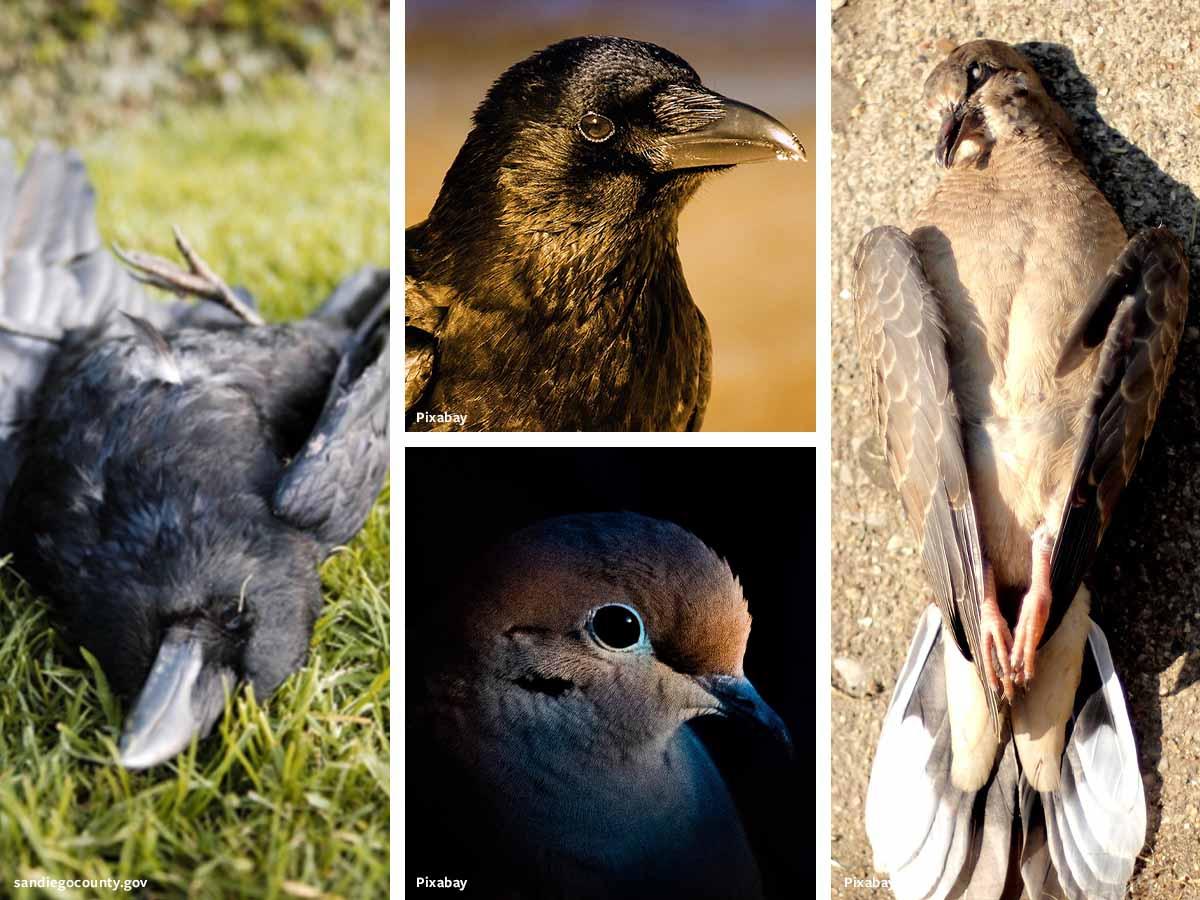Wildlife Services Moves Ahead with Plan to Kill Thousands of Birds in Arizona, Arkansas, and Louisiana
This year, thousands of In Defense of Animals supporters spoke out to save tens of thousands of birds slated to be killed by Wildlife Services. in Arizona, Arkansas, and Louisiana. Unfortunately, our comments fell on consistently deaf ears, and the Agency moved ahead with plans that included lethal methods of managing bird species like Canada geese, red-tailed hawks, blackbirds, doves, and many more. In Defense of Animals is incredibly saddened and frustrated by this outcome but will continue to campaign against these cruel and needless killings.
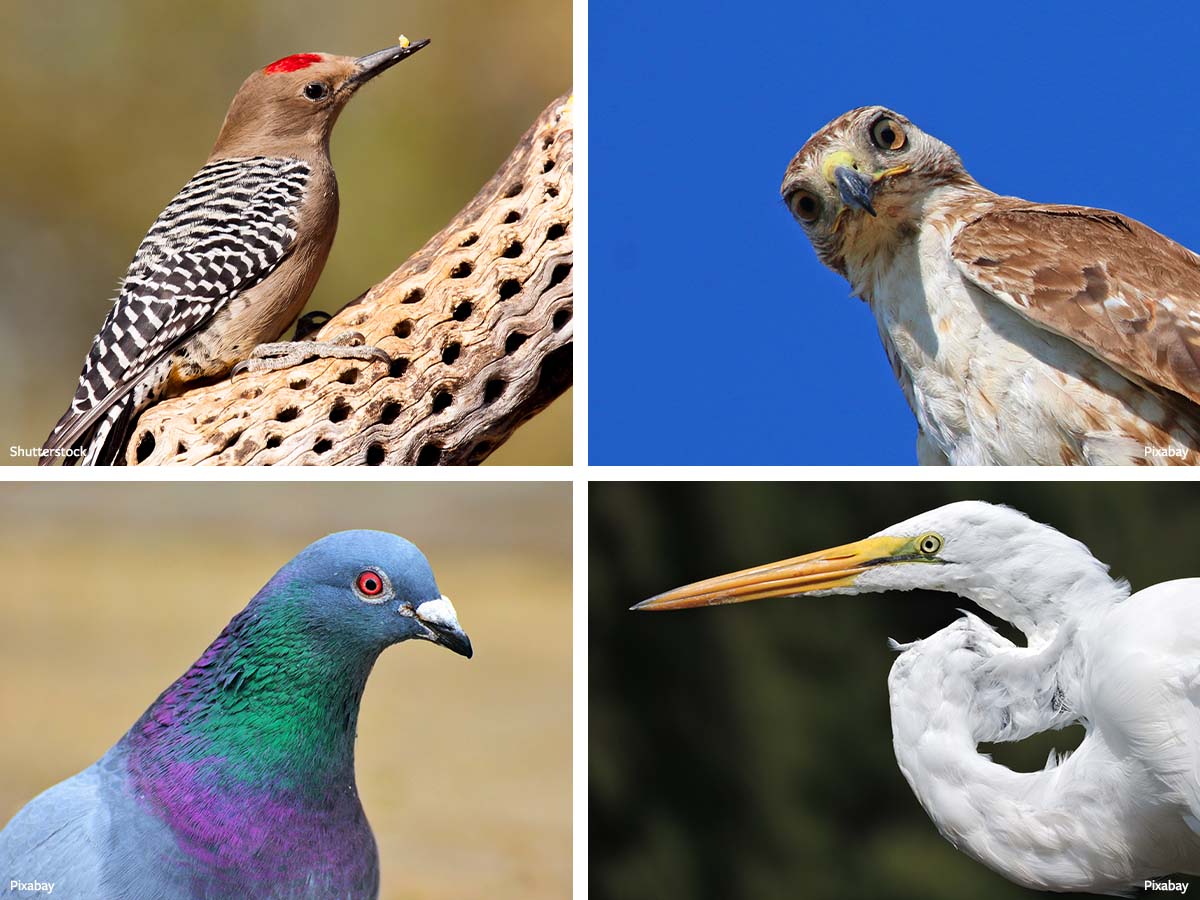
In 2021 alone, Wildlife Services (WS), a program of the United States Department of Agriculture’s Animal Plant Health Inspection Service (USDA APHIS WS), reportedly killed 1.76 million animals. Of these animals, 1,069,811 were birds, such as starlings, blackbirds, cowbirds, and crows. The department seems on track to reach this number again in 2022, especially after the approval of bird killings in Arizona, Arkansas, and Louisiana. In Defense of Animals spoke out against these atrocities and collected your comments to send to this Agency to no avail.
In January 2023, we also learned that the same kind of killing decision was reached for birds in Wyoming, from a June 2022 comment period.
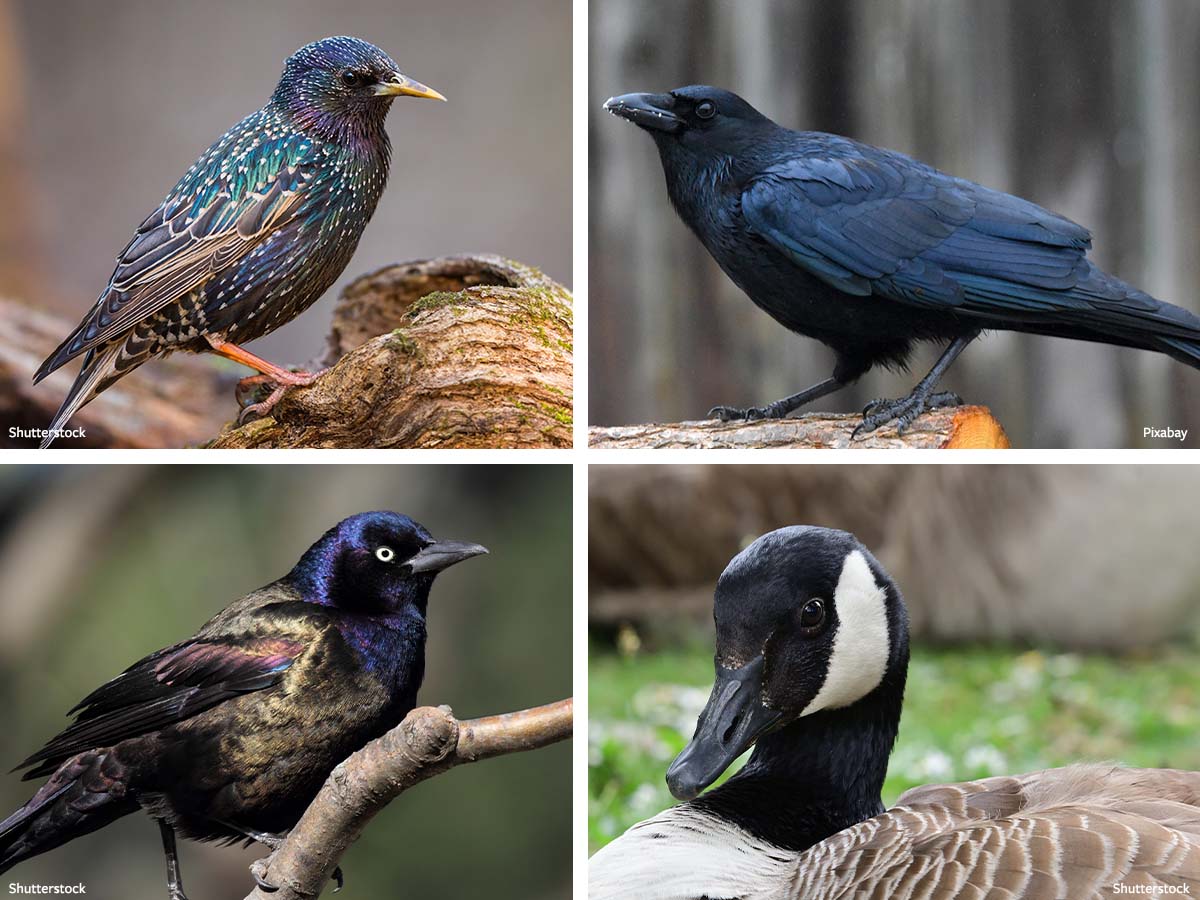
Wildlife Services once again “managed” birds in all three states with primarily lethal methods. These birds are targets of this cruelty simply for exhibiting natural behaviors like singing, pooping, and raising their young. Wildlife Services issued a Finding of No Significant Impact (FONSI) for these plans, meaning that the plans would not significantly impact the quality of the human environment, with no consideration of other animals included.
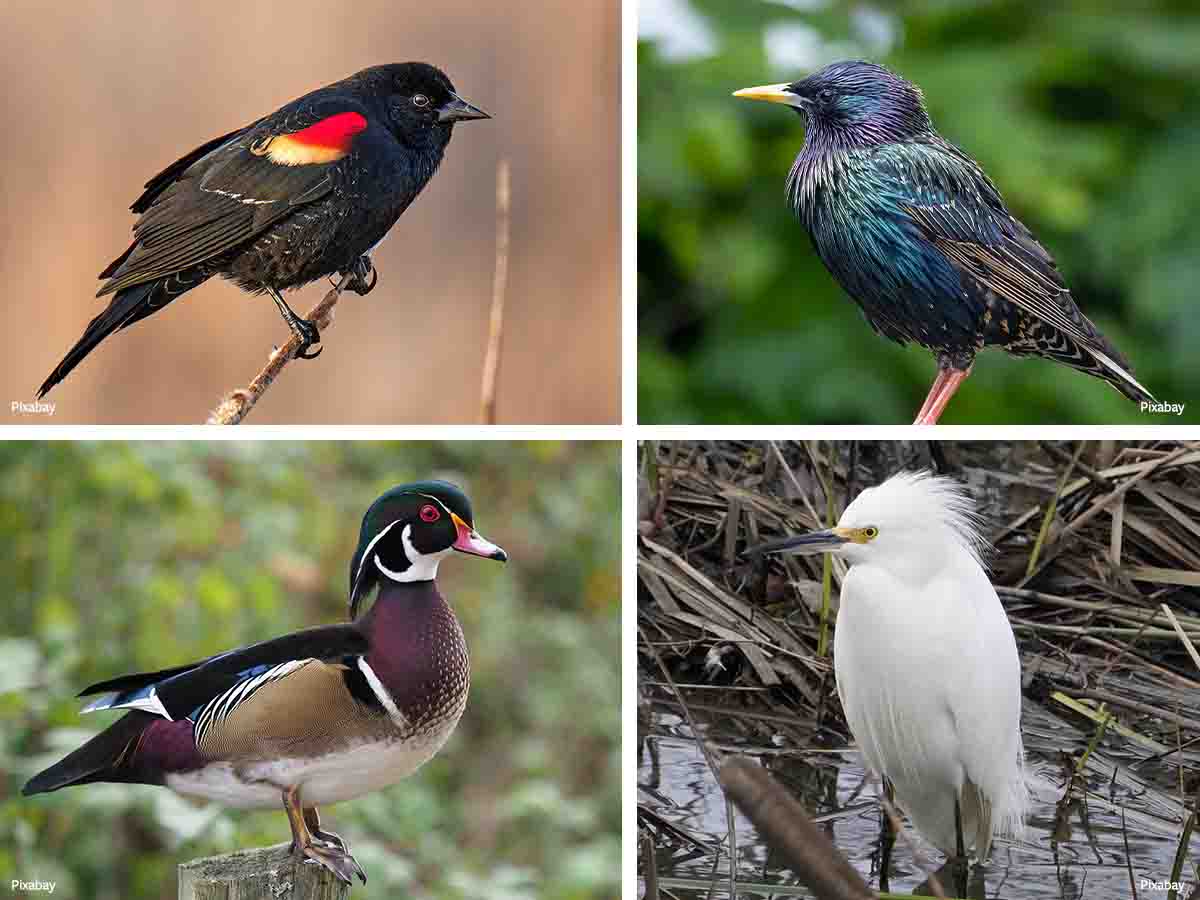
These approved lethal methods include cervical dislocation, gunshots, and snap traps, which cause birds immense suffering. They also include poisons such as DRC-1339 and Avitrol, which can have negative environmental impacts and can kill other animal species by accident. The Wildlife Services killed 2,746 animals unintentionally in 2021 as a result of their lethal methods.
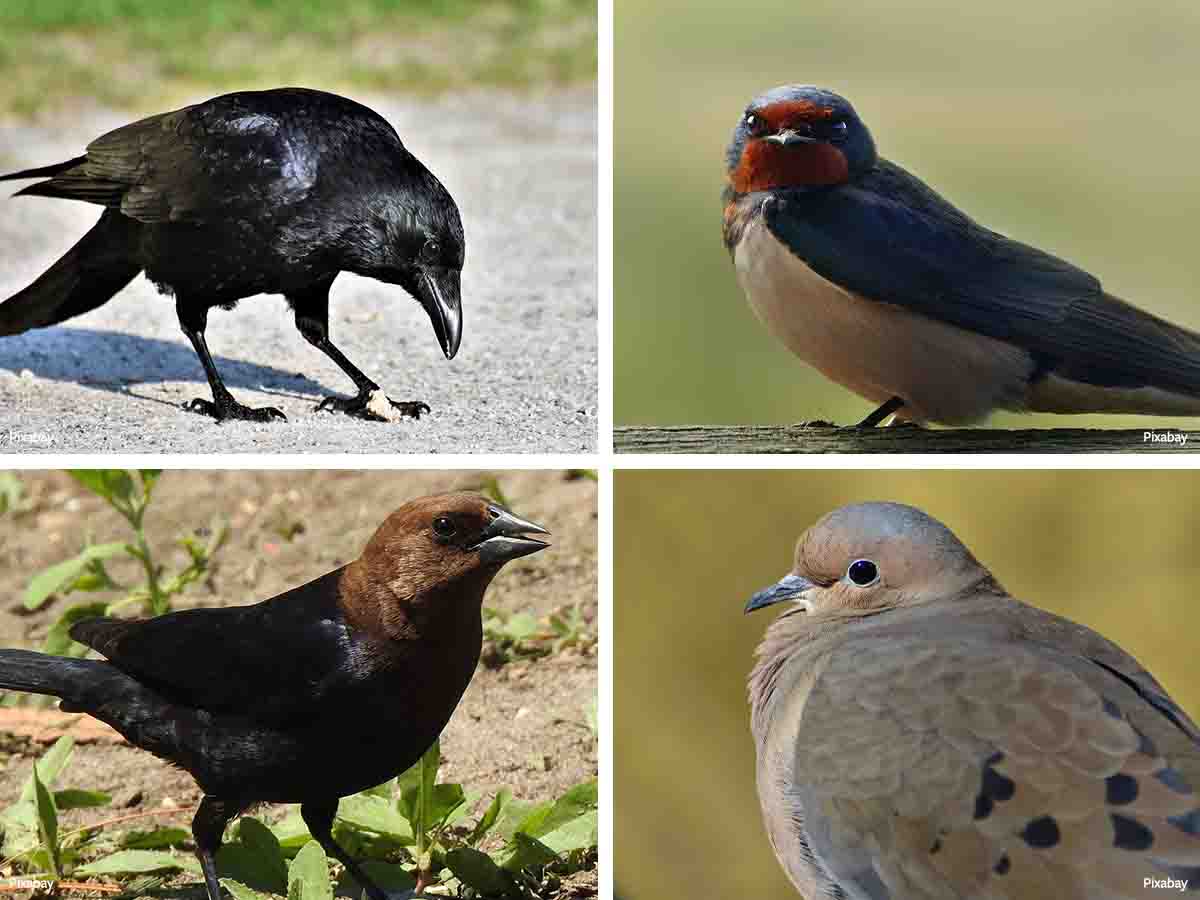
Wildlife Services will continue to issue death sentences over a million birds every year, but In Defense of Animals will continue to speak out against these killings and demand that these birds be spared these easily avoided fates.
Strategies like using non-lethal bird deterrents like hazing, altering the landscape to discourage birds in certain areas, and creating educational materials that foster coexistence with and respect for birds have the potential to save birds while minimizing inconvenience to humans.
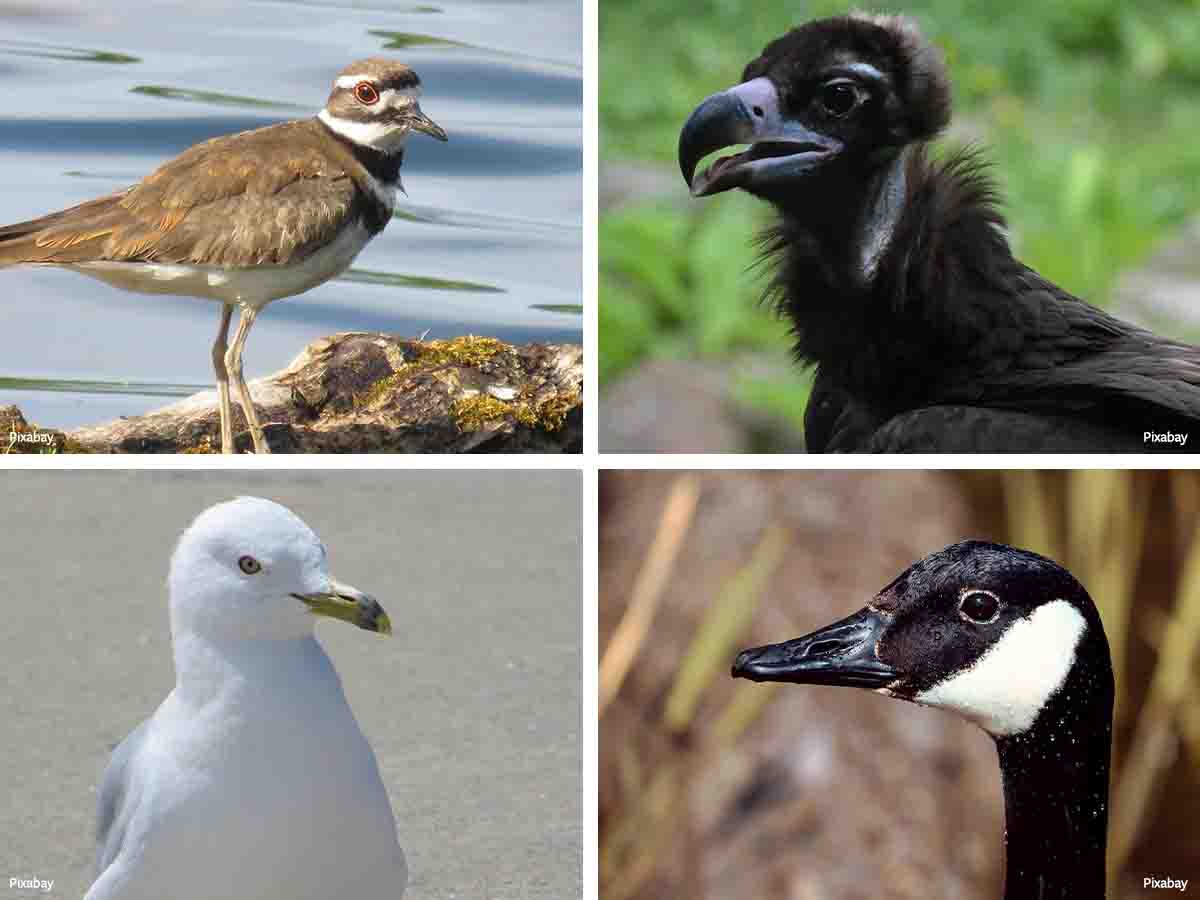
If you know or strongly suspect that your local government plans to kill birds in your city, please take a look at our resource and contact us.


